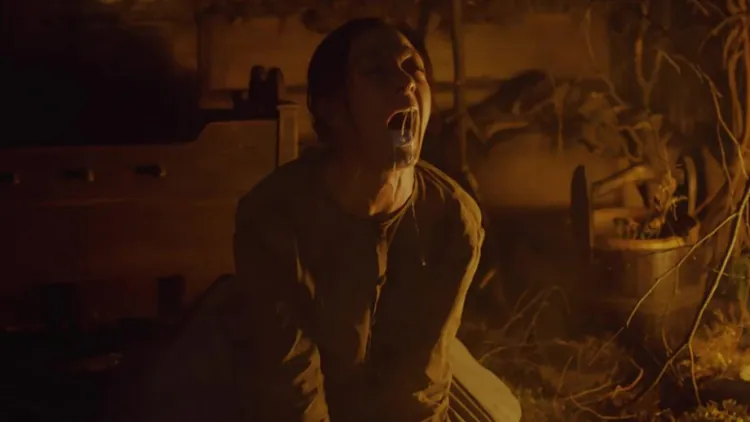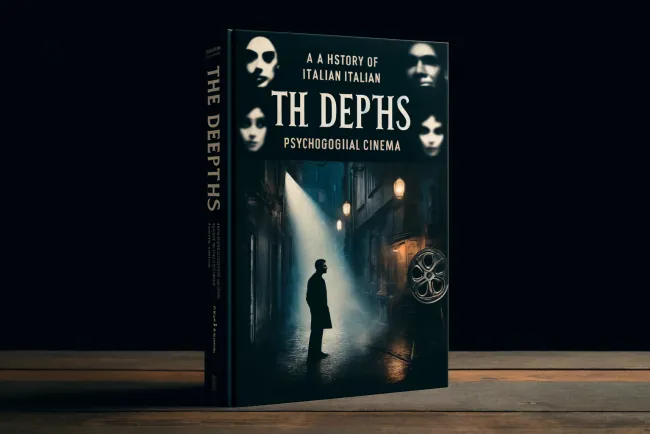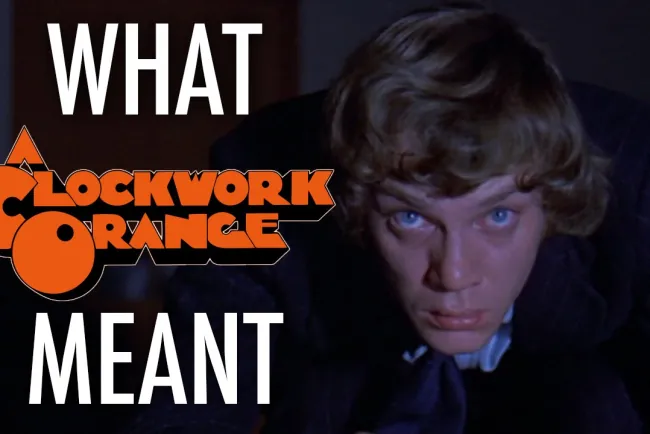A Timely Horror With Missed Opportunities
Immaculate A horror film review highlighting Sydney Sweeney's performance and its thematic depth

- Introduction
- Overview of Sydney Sweeney's 2024 big screen takeover
- Introduction to 'Immaculate' and its premise
- Plot Summary
- Sister Cecilia's journey from Michigan to Italy
- The discovery of Sister Cecilia's pregnancy
- Critical Analysis
- Comparison with other horror classics
- Examination of the film's pacing and scare tactics
- The film's commentary on reproductive rights
- Performances
- Sydney Sweeney's role as Sister Cecilia
- Directorial approach by Michael Mohan
- Conclusion
- The film's political relevance
- Final thoughts on 'Immaculate'
Immaculate Review: A Grisly Convent Horror with a Timely Message but Flawed Execution
In 2024, Sydney Sweeney solidified her position as a versatile powerhouse on the big screen, captivating audiences in a variety of roles, from romantic comedies to whistleblowing dramas, and now, a chilling horror spectacle titled 'Immaculate'. Directed by Michael Mohan, 'Immaculate' ventures into the dark corridors of a convent, promising a mix of psychological dread and visceral horror reminiscent of genre titans like 'Rosemary’s Baby' and 'Suspiria', albeit with an execution that occasionally echoes the less revered 'The Nun 2'.
Plot Summary: A Sinister Convent and a Mysterious Pregnancy
Sweeney's character, Sister Cecilia, embarks on a spiritual journey from Michigan to Italy, seeking solace and purpose within the secluded My Lady Sorrows convent. However, her quest for peace quickly turns into a nightmare as she grapples with an inexplicable pregnancy, eerie sightings of nuns in red masks, and forbidden secrets hidden within the convent's walls.
Critical Analysis: Ambitious Horrors Undermined by Predictability
'Immaculate' aims high with its gruesome body horror and shocking narrative twists, striving for an 18+ rating through a spectacle of carnage involving religious iconography. Yet, Mohan's overzealous attempt to disturb often results in a muddled pace and an overreliance on jump scares, diminishing the impact of its more genuinely horrifying moments. Despite this, the film gains significant traction as a political commentary, boldly addressing the contentious battle over reproductive rights in a post-Roe v. Wade landscape.
Performances: Sydney Sweeney's Riveting Turn
At the heart of 'Immaculate' is Sydney Sweeney's compelling portrayal of Sister Cecilia, a character caught between faith and fear. Sweeney delivers a nuanced performance that captures the internal turmoil of her character, supported by Mohan's daring yet sometimes uneven direction.
Conclusion: A Flawed Yet Important Cinematic Conversation
While 'Immaculate' falters in its horror execution, it triumphs as a poignant reflection on the horrors of control exerted over women's bodies. The film's climactic finale, devoid of the genre's typical tropes, offers a raw and shocking conclusion that resonates long after the credits roll, marking 'Immaculate' as a flawed yet essential commentary on contemporary social issues.
FAQs
Q: Is 'Immaculate' based on a true story? A: No, 'Immaculate' is a work of fiction, though it engages with real-world issues such as reproductive rights and the influence of organized religion.
Q: How does 'Immaculate' comment on reproductive rights? A: Without directly labeling itself as a pro-choice film, 'Immaculate' incorporates themes of autonomy and control over women's bodies, making a significant statement in the current political climate.
Q: Can 'Immaculate' be considered a horror classic? A: While 'Immaculate' presents a unique blend of horror and political commentary, its execution and pacing issues may prevent it from achieving classic status.
What's Your Reaction?






















